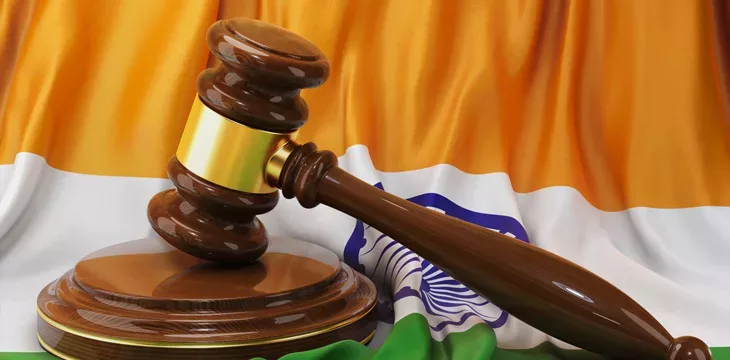|
Getting your Trinity Audio player ready...
|
India’s lower parliament has given the thumbs up to a data privacy bill that will ease the compliance requirements of Big Tech firms in the country.
The Digital Personal Data Protection Bill 2023 returned to parliament one year after its withdrawal and sailed through with minimal legislative headwinds. Currently, the bill requires government consent before Big Tech companies collate user data. In addition, the rules allow firms to export data from India, except to countries that the government prohibits.
According to the bill, companies do not need the express consent of users in cases when the user voluntarily provides their data.
Concerns over data misuse in the nascent tech industry, like artificial intelligence (AI), arise following the greenlight on Digital Personal Data Protection Bill 2023. However, according to a recent White House report, the South Asian country is working with the Joe Biden administration to create an international framework for AI.
Critics have poked holes in the data privacy bill for seemingly waiving several compliance requirements for firms handling sensitive user data, pointing out that the law confers wider discretionary powers on the current government regarding citizens’ data. They hinge their argument on the immunity from legal action provided in the bill for the government and the proposed data protection board.
In its defense, the country’s IT Minister Ashwini Vaishnaw remarked that the bill is a step in the right direction for the protection of the privacy rights of Indians. He pointed out that the legislation culminated in a robust consultative process spanning months and receiving 24,000 entries.
The IT Minister said the bill only provides four exceptions, compared to the European Union’s (EU) General Data Protection Regulation (GDPR), with 16 exceptions.
“There are many accepted principles of digital data protection,” said Vaishnaw. “Today, about 900 million Indians have connected to the Internet…In such a situation, there is a need for protection of rights, security and privacy of citizens in this digital world.”
India has been taking steps to draft sturdy data protection legislation since 2017 after the country’s Supreme Court ruled that digital privacy is a fundamental human right. Since then, Big Tech companies and the legislature have been going back and forth on the provisions of an overarching law to regulate digital privacy for Indians.
Moving to prevent data misuse
Despite opening its doors to novel technologies like Web3 and AI, India’s government remains keen on preventing data misuse by service providers. The government is adopting a global approach to ensure the safe use of innovative technologies in line with its objectives as G20 President.
The country is in talks with the U.S. government to establish global regulatory standards for AI development amid privacy concerns. Furthermore, the government monitors Web3-based digital identity verification protocol Worldcoin with orbs in Delhi and Bangalore.
Moving to prevent data misuse
Despite opening its doors to novel technologies like Web3 and AI, India’s government remains keen on preventing data misuse by service providers. The government is adopting a global approach to ensure the safe use of innovative technologies in line with its objectives as G20 President.
The country is in talks with the U.S. government to establish global regulatory standards for AI development amid privacy concerns. Furthermore, the government monitors Web3-based digital identity verification protocol Worldcoin with orbs in Delhi and Bangalore.
Watch: Blockchain, IPv6, AI & 5G will pave the way for the new Internet

 02-27-2026
02-27-2026 




